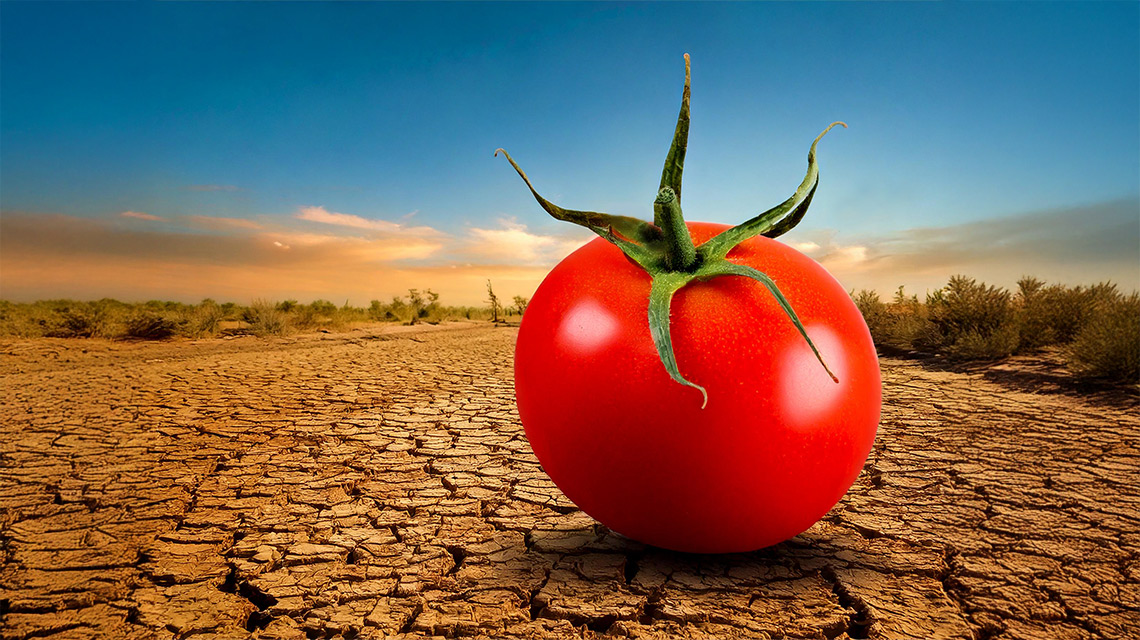Italian National Agency for New Technologies, Energy and Sustainable Economic Development

Agri-food: ENEA studies climate-resilient tomatoes
Producing high-quality tomatoes more resistant to emerging diseases and climate change, along with tools to accelerate the creation of new varieties is the focus of the €8 million project HARNESSTOM, which comprises 22 partners including ENEA, University of Naples Federico II, University of Tuscia, and Semiorto Sementi srl in Italy and the Spanish national agency CSIC (coordinator).
Research activities (Work Packages, or WPs) focused on: resistance to major emerging diseases; tolerance to climate change; quality improvement; and increased breeding speed and efficiency to respond to emerging challenges timely and effectively.
ENEA coordinated the activities of WP4 on increasing breeding speed and efficiency and made significant contributions to other WPs, including the creation of a European database on tomato genetic resources and breeding; fruit quality improvement and environmental impact analyses.
“Todays tomato is the result of millennia of selection, which has narrowed its genetic base; the HARNESSTOM project combines tradition and innovation, using classical breeding to introduce new genes for resistance and quality and new genetic technologies for further improvement” explained Giovanni Giuliano, ENEA research director and WP4 project leader.
“HARNESSTOM,” he said ”began 8 years after the publication in Nature of the tomato genome study we coordinated. Now that knowledge has translated into practical applications transferred to the seed industry, demonstrating how close the link between basic research, applied research and technology transfer is, even in key sectors for our economy like agri-food”.
